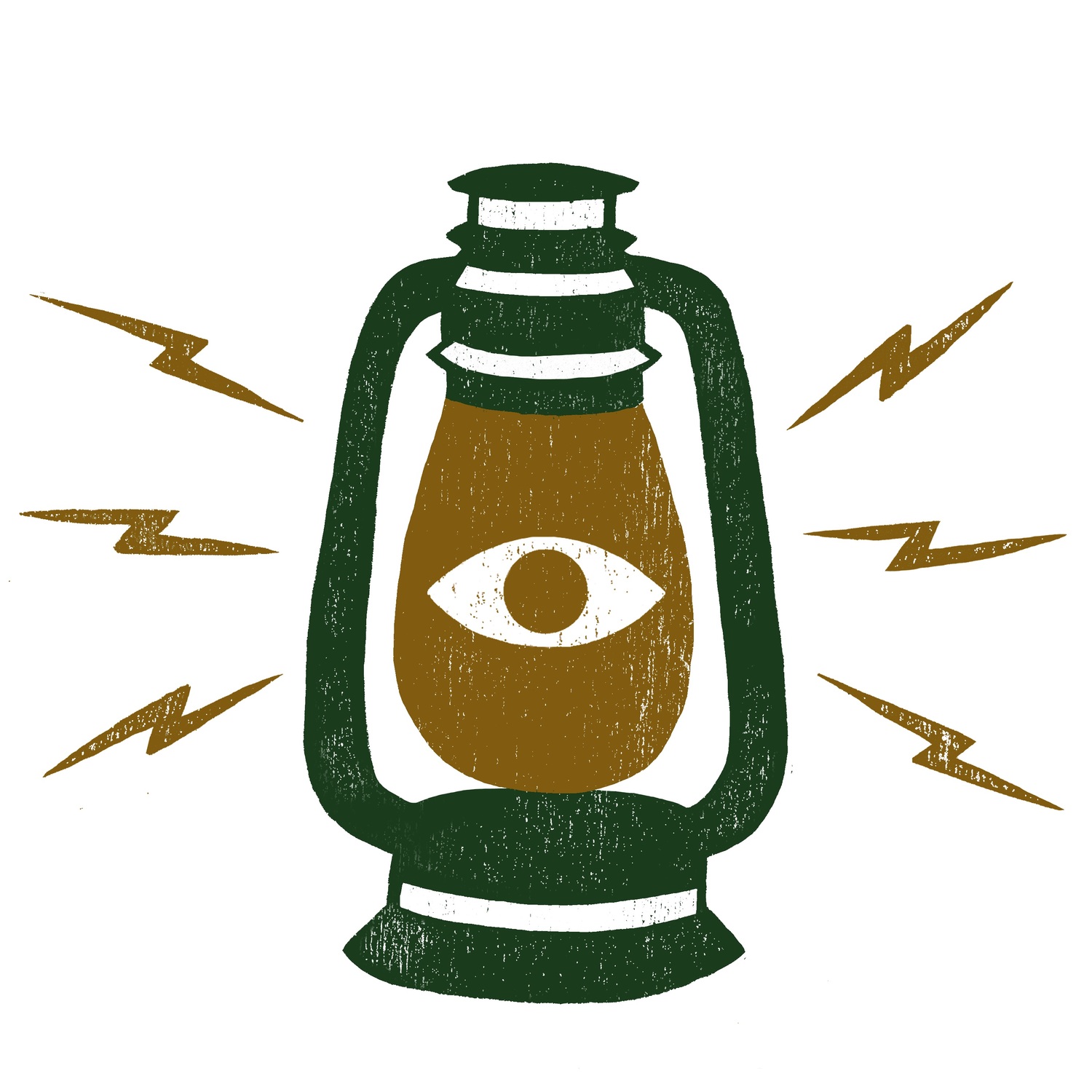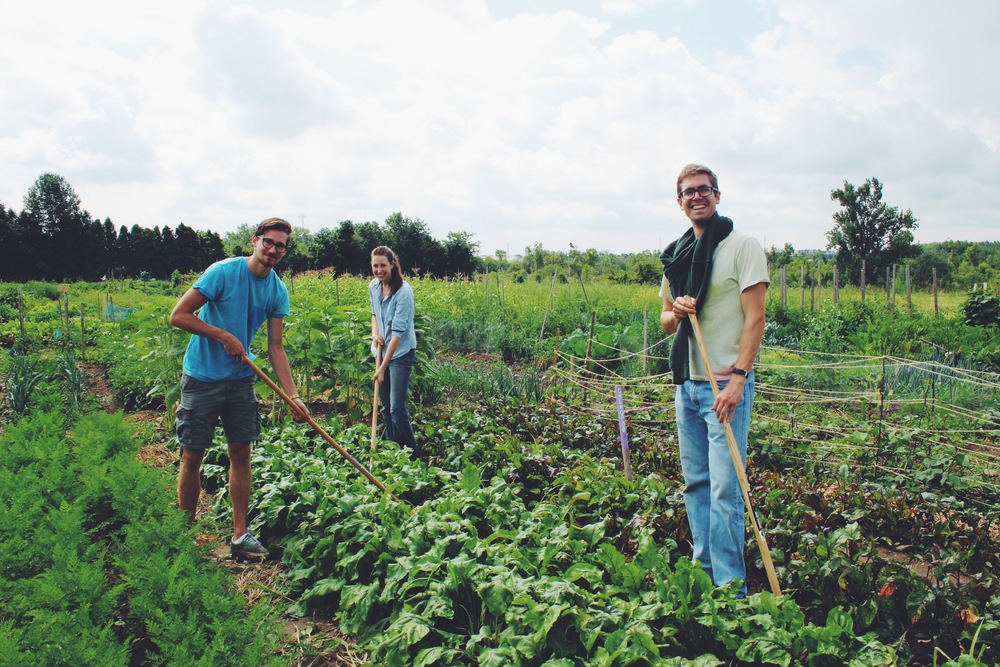The Julien Project: A Garden that Grows Community & Nurtures Marginalized Youth
Usually when people plant a garden, their goal is to beautify their front lawn or save money at the grocery store by growing their own tomatoes. When Sharon Stewart started The Julien Project, a local community garden, she had a much different goal in mind.
The Julien Project is a charitable organization, located out of the Ignatius Jesuit Centre in Guelph, ON. It uses gardening to add social and therapeutic value to the Guelph community. Eight years ago, Stewart started The Julien Project because she was inspired after working with a local marginalized youth named “Julien.” To this day, helping marginalized youth is still a top priority for the project.
“When we first started the garden, it was important to us to introduce plant materials that would best serve our populations,” says Stewart. “Every plant in our garden is intentional. Each one provides something for our programming or for aesthetics, or brings birds and bees and butterflies.”
Rachel Farahbakhsh, the organization’s Project Manager, also pointed out that the layout of the garden strategically organizes the plants by their purpose. For example, there is a section of roses that they’ll use to make potpourri and a section with peppers and tomatoes for salsa.
This intentionality is important to the project’s practice of horticultural therapy. “In our programming, we deal specifically with adults and youth with special needs, so when we work with different populations we ask them how they want to engage with the garden’s features,” says Stewart.
With consideration of the diversity of their participants, The Julien Project’s garden is completely accessible. “We not only work with people of all gardening skill levels, but we also meet participants at their current state; whether that’s their physical state or their emotional state,” says Stewart.
Over the years, Stewart and Farahbakhsh have learned that there is a great need for their programming with males aged 14 to 17 from marginalized populations. “We’ve seen many angry, young men out there that don’t have dads or role models,” says Stewart. “When they work with our staff in the garden, they learn what it means to have a healthy relationship. Its those healthy relationships that help them develop confidence and a sense of safety and security.”
The Julien Project not only helps young men with their personal development but it also provides them with professional development training. “We noticed that for these young men, it’s especially hard for them to approach employers and gain employment. When they come to the garden, we have the opportunity to work with them and help them develop employability skills. Not only do they learn skills that they can add to their résumés, but we can write reference letters and make introductions for them with members of the community,” says Farahbakhsh.
Aside from helping marginalized youth, The Julien Project has also helped remedy local cycles of food insecurity. This summer, for example, they partnered with various neighbourhoods across Guelph and developed capacity to create community based sustainable urban gardening spaces.
“By teaching local families how to plant and harvest their own vegetables, we provide them with a way to sustain themselves,” says Farahbakhsh. “When we teach them how to cook what they harvest, they also learn about nutrition.” The project has also worked to combat local food insecurity by donating their vegetables and baked goods to the Salvation Army and other local food pantries.
Despite all the good work that The Julien Project has done and the impact that they continue to make in Guelph, the project is in need of funding. “We are always stretched when it comes to funds, and never know how we’re going to keep our programs going,” says Stewart. As a small local charity, they receive very few private donations and stress their need for a corporate sponsor. “Every cent is stretched here; we recycle, we reuse, we don’t waste anything. We practice the lessons of sustainability that we teach to others.”
“As far as I know, there’s no other model like this in Canada,” says Stewart. “What makes us different is that we’re open to all diverse populations, whether it’s persons with autism or dementia or someone with developmental needs.No matter what, we meet them where they’re currently at. We build strong, healthy relationships first and everything else unfolds like a flower.”
To support The Julien Project donate at CanadaHelps.org.
Story and Photos by Faith Cameletti







